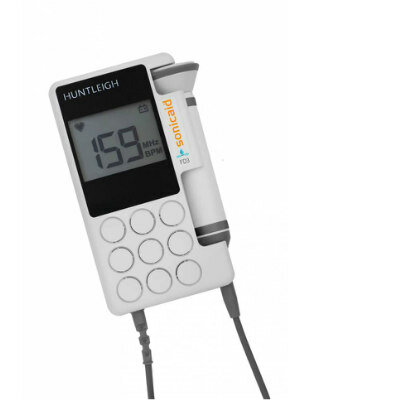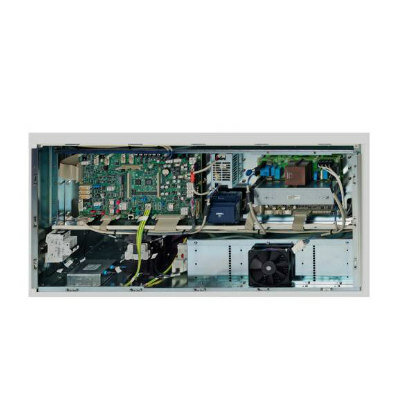MRI May Help Predict Which Adults Will Develop Alzheimer's
By MedImaging International staff writers
Posted on 19 Apr 2011
Using magnetic resonance imaging (MRI), researchers may be able to predict which adults with mild cognitive impairment are more likely to progress to Alzheimer's disease (AD).Posted on 19 Apr 2011
The study findings were published online in the April 2011 issue of the journal Radiology. Mild cognitive impairment (MCI) is an intermediate stage between the decline in mental abilities that occurs in normal aging and the more pronounced deterioration associated with dementia, a group of brain disorders that includes AD.
Individuals with MCI develop AD at a rate of 15%-20% per year, which is considerably higher than the 1%-2% rate for the general population. Some individuals with MCI remain stable while others gradually decline and some quickly deteriorate. "Being able to better predict which individuals with MCI are at greatest risk for developing Alzheimer's would provide critical information if disease-modifying therapies become available,” said the study's lead author, Linda K. McEvoy, PhD, assistant professor in the department of radiology at the University of California, San Diego School of Medicine (USA).
Dr. McEvoy and a team of researchers analyzed MRI exams from the Alzheimer's Disease Neuroimaging Initiative (ADNI), a large publicly and privately sponsored study, which performed imaging and other tests on hundreds of healthy individuals and others with MCI and early AD between 2005 and 2010 in hopes of identifying valuable biomarkers of the disease process.
Included in the study were a baseline MRI scan, serving as an initial point of measurement, and a second MRI performed a year later on 203 healthy adults, 317 patients with MCI and 164 patients with late-onset AD. The average age of the study participants was 75.
Utilizing MRI, the researchers measured the thickness of the cerebral cortex and observed the pattern of thinning to compute a risk score. One of the characteristics of AD is a loss of brain cells, called atrophy, in specific areas of the cortex. "MRI is very sensitive to brain atrophy,” Dr. McEvoy said. "There's a pattern of cortical thinning associated with AD that indicates the patient is more likely to progress to AD.”
Using the baseline MRI, the researchers calculated that the patients with MCI had a one-year risk of conversion to AD ranging from 3% to 40%. "Compared to estimating a patient's risk of conversion based on a clinical diagnosis only, MRI provides substantially more informative, patient-specific risk estimates,” Dr. McEvoy noted. "The baseline MRI helped identify which patients were at very low risk of progressing to Alzheimer's and those whose risk was doubled.”
By integrating the findings of the baseline MRI and the MRI scan performed one year later, the researchers were able to calculate a rate of change in brain atrophy that was even more informative. The MCI patients' risk of disease progression based on the serial MR exams ranged from 3%-69%. "Rapid thinning of the cortex is reflective of a degenerative disorder,” Dr. McEvoy explained.
Although no treatments now exist that slow or prevent the neurodegeneration associated with AD, Dr. McEvoy reported that patients at high risk of progressing to AD might want to enroll in clinical trials of disease-modifying therapies. She stated that the information would also help ensure patients receive optimal care and allow families more time for planning.
Related Links:
University of California, San Diego School of Medicine














